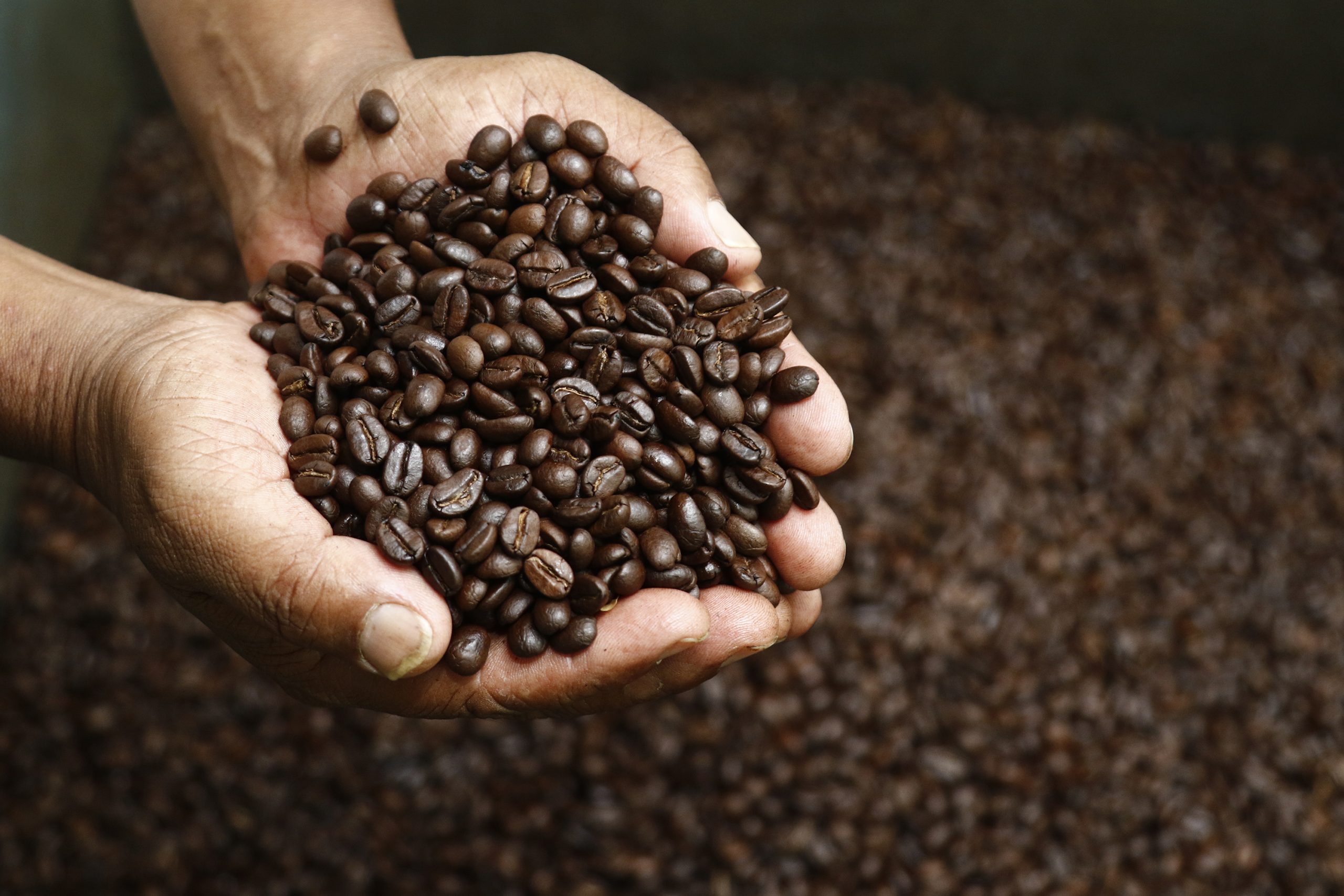
Coffee is cash crop started to be grown in Nepal almost with no use of inorganic fertilizer and pesticide (AEC, 2006). Coffee contributes about 0.04 percent to GDP of Nepal (PSS, 2004). It provides 5 times more yield than that of maize and millets and 2-3 times more yield than that of any other cash crops.At present, available statistics indicate that coffee is being cultivated commercially in twenty-one districts of Nepal (NARC, 2004). It could be an important occupation in the rural economies with massive participation of marginal, poor and down trodden class of rural communities (AEC, 2006).
It is the second most valuable legally traded commodity in the world after oil. It is a high value cash generating crop for hill farmers of Nepal (Khanal, 2003). Nepal is endowed with provable climatic and soil conditions to produce good quality coffee “specialty coffee” above 800 to 1400 masl. The demand of organic and specialty coffee with reduced amount of caffeine is increasing in the world market. Hence, it can compete easily in the
international market and holds a special place as a foreign exchange earner for Nepal.
Nepal became the 147th member of the WTO in April, 2004). In the context of globalization and free trade, there are several opportunities in the export of high value commodities like coffee at relatively cheaper cost of production. By utilizing the comparative resource advantage, Nepal could compete for quality coffee production in the world. So, this study may help to identify the new way for the development of coffee sector in the mid hills of Nepal where most of the poor and marginalized sections of people reside, through increased productivity and improved quality with exploration of export potentiality.
There is inadequate research carried out till date in the production and marketing aspects of coffee in Nepal. The findings of this study will help to develop a strategy towards the commercialization of coffee sectors in Nepal.
Organic Coffee in Nepal
